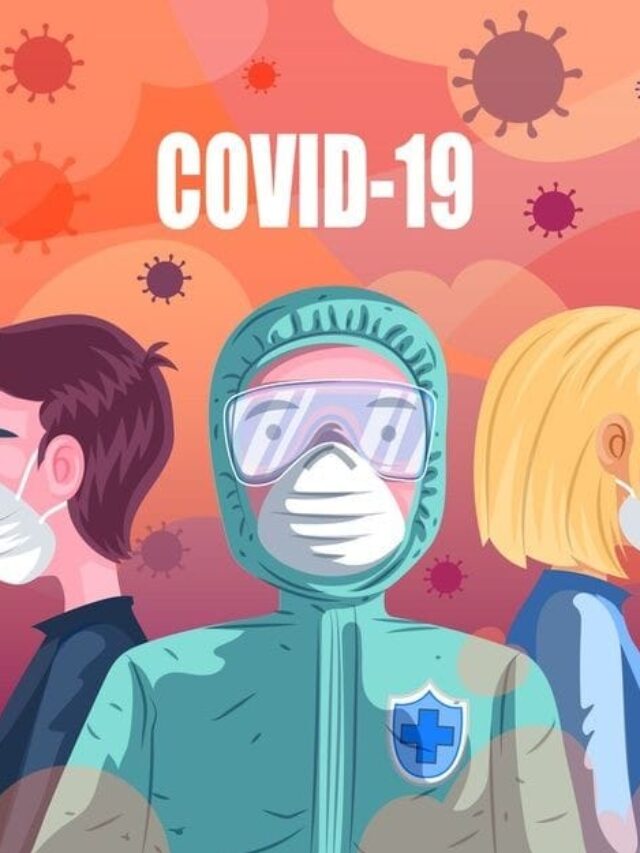Covid-19 sub-variant spread: Is JN.1 more infectious? With WHO classifying it as a ‘variant of interest,’
Experts say the rise in global cases suggests that the JN.1 Omicron subspecies may outperform other variants because of its ability to evade the immune system. Therefore, due to the rapid spread of JN.1, WHO classified it as a “type of interest” (VOI), distinguishing it from the parent strain BA.2.86. The Centers for Disease Control and Prevention (CDC) calls it the nation’s fastest growing strain. India has so far confirmed 21 cases of the new coronavirus, and while there is no need to panic, people are worried about its rapid spread.
“increasing infection, immune evasion and prolongation of the infection period”
Dr. Rajesh Kariyakarte, co-ordinator of genome sequencing in Maharashtra, said the benefits of growth were exponential, with JN.1 accounting for only 3.3 of the total number of coronavirus cases between October 30 and November 5. This statistic refers to WHO data, which shows a rapid increase from 1% to 27%. % one month later. . “That’s an 86 percent growth advantage,” Dr. Kariyakarte said.

This suggests that the virus is more contagious and better able to penetrate the body’s immune system than its ancestral species, the CDC said. However, hospitalization rates are low, so this does not mean that spike infections cause severe illness. Experts also say that this is a low-risk infection and that people who have already been infected or vaccinated do not need to worry.
Genome researchers Vinod Scalia and Bonnie Jolly said the SARS-CoV-2 virus is constantly evolving and forming new lineages. “With each infection, the virus can evolve further, and JN.1 is an Omicron sublineage characterized by an additional mutation in the spike protein, L455S. The high immune evasion characteristics mean that JN.1” It could mean that they could potentially compete with others. Researchers say. A recent study published in the Lancet showed that just one mutation in JN.1 gives it the ability to escape immune responses faster than its parent, BA.2.86.
Should I be worried?
Dr. Amit Dravid, an infectious disease specialist, said the virus is mutating and becoming stronger and will continue to do so. “So far, we are treating mild upper respiratory tract infections.”










2 responses to “Covid-19 JN.1 Variant Virus Spread”
Covid-19 won’t happen again anytime soon
We don’t know for sure